Easing the coronavirus lockdown: The key dates in Boris Johnson's plan
The government has published a 50-page plan outlining how England and parts of the UK will gradually ease coronavirus lockdown over the next three months.
On Sunday, Boris Johnson revealed his “road map” for easing lockdown restrictions and unveiled a new five-point COVID-19 Alert system on Sunday evening.
It was followed by the publication of a “COVID-19 Recovery Strategy” document, detailing three key dates in easing lockdown restrictions - but they will only come into effect if data shows it is safe to do so.
The plans come with a warning that they are provisional and are subject to change. A full lockdown could be implemented if social distancing measures are not working.
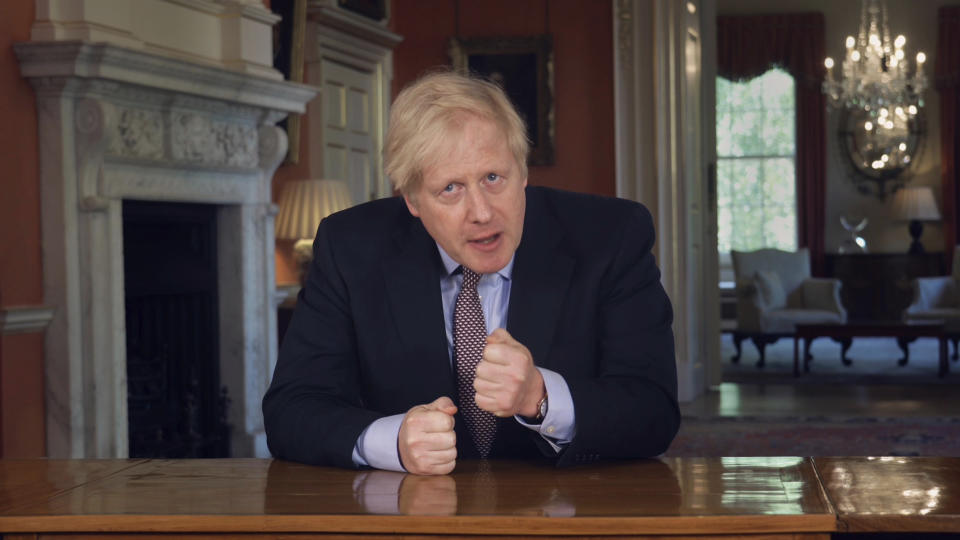
Currently, the devolved administrations in Scotland, Wales and Northern Ireland have not lifted any measures and have instead extended current lockdown measures.
Latest coronavirus news, updates and advice
Live: Follow all the latest updates from the UK and around the world
Fact-checker: The number of COVID-19 cases in your local area
6 charts and maps that explain how coronavirus is spreading
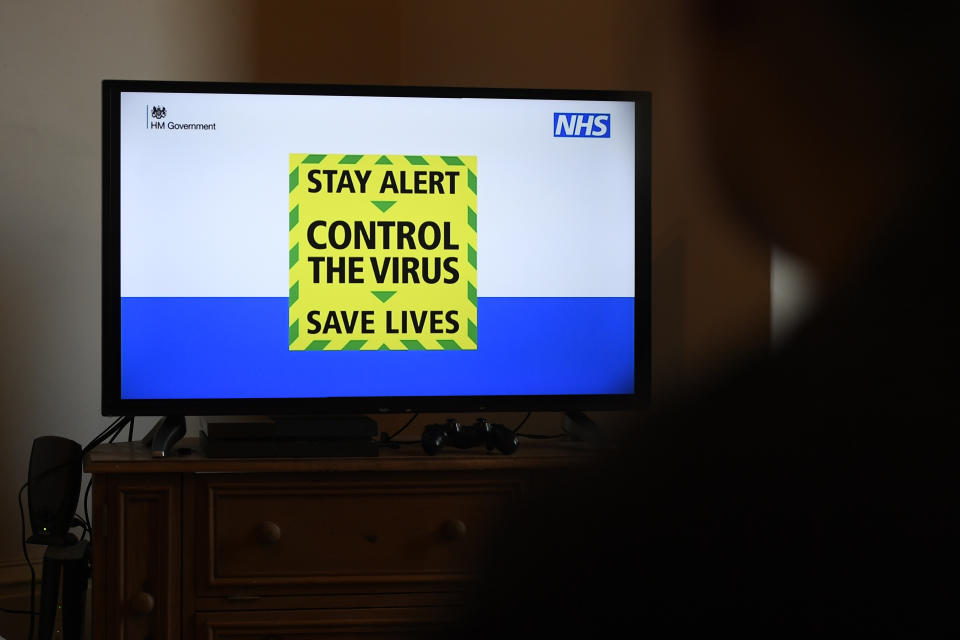
Below is a timeline outlining the key dates in the government’s COVID-19 recovery strategy in England:
Phase one: 13 May
Workers unable to work from home to return to workplace
People who are able to work from home are told to continue to do so, while those who are not have been advised to go back to their workplace as long as social distancing can still be observed.
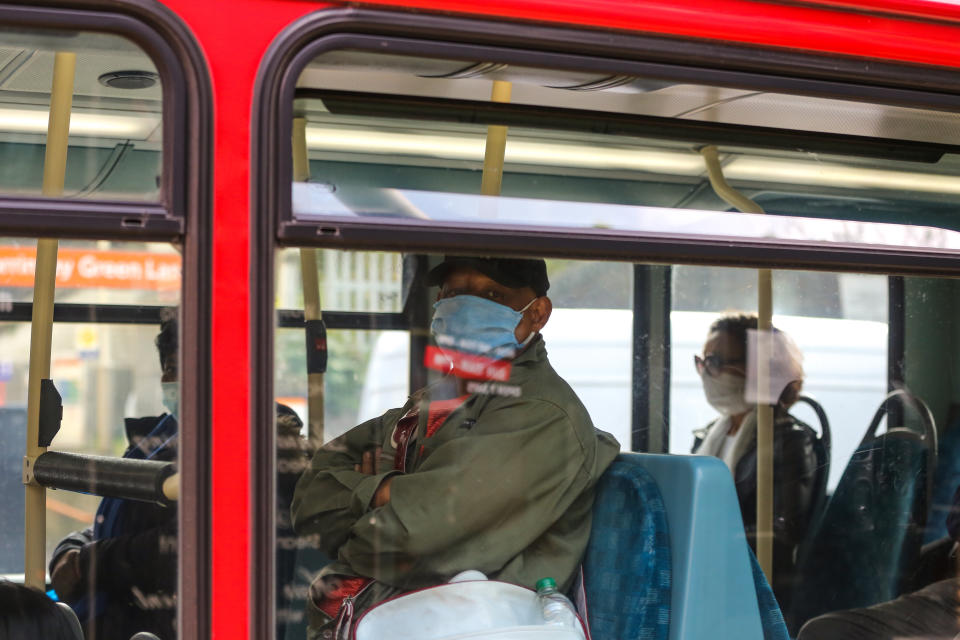
Use of face masks in enclosed spaces, workplaces and on public transport
Face coverings should be worn in enclosed spaces such as public transport and some shops. They should not be worn by the under-twos, young children who will find them hard to manage and those with respiratory conditions.
Unlimited exercise and meeting one family member of friend outdoors permitted
Britons will be allowed outside for unlimited exercise while people will be allowed to meet one member of family or a friend from another household outdoors, providing they are two metres apart. People are not allowed to visit the homes of family members or friends.
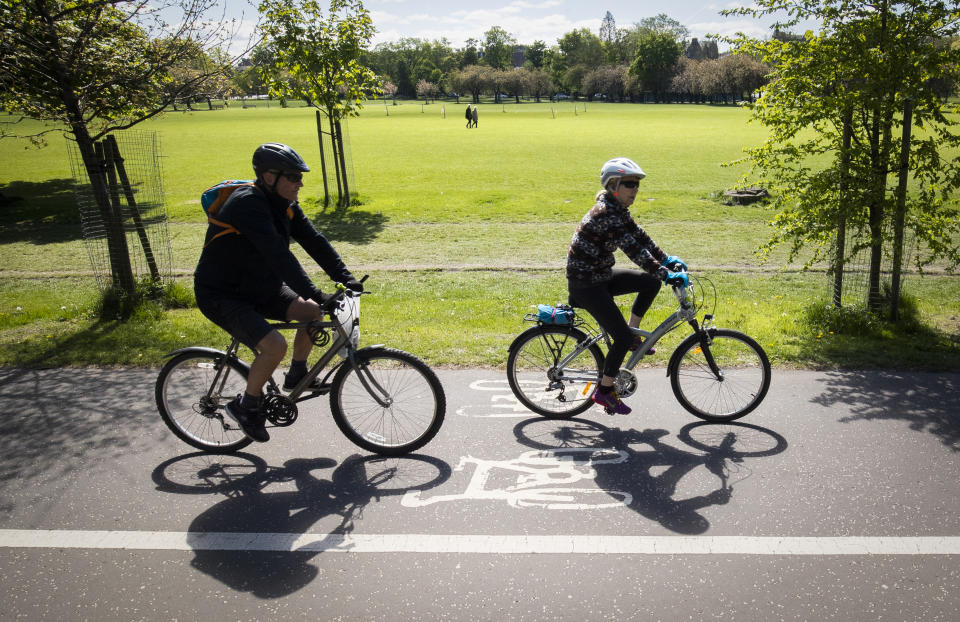
Driving to outdoor locations for exercise permitted
People are also allowed to drive to outdoor open spaces, irrespective of distance from their homes. However, people in England should not travel across the border of Scotland or Wales, as different lockdown rules apply.
Vulnerable people to continue ‘shielding’
The government says anyone who has been told to shield because they are "extremely vulnerable" will have to continue to do so for the foreseeable future.
Compulsory quarantine period for all passengers travelling to UK
Passengers arriving into the UK will be required to supply their contact and accommodation information, and those not on a short list of exemptions will be made to self-isolate for 14 days.
Phase two: 1 June
Schools in England to reopen in phases
Providing infection rates are on the decline, the Government said it would be in a position to start a “phased reopening” of schools by 1 June. The first phase would see primary pupils back into schools, beginning with reception, Year 1 and Year 6.
Non-essential shops may reopen
Non-essential retail stores, such as clothing and shoe shops, could be able to open no earlier than 1 June. This will only take place if businesses can prove they can keep people safe.
Cultural and sporting events in England to take place “behind closed doors”
Cultural and sporting events will be able to take place behind closed doors for broadcast from next month, avoiding the risk of large-scale social contact.
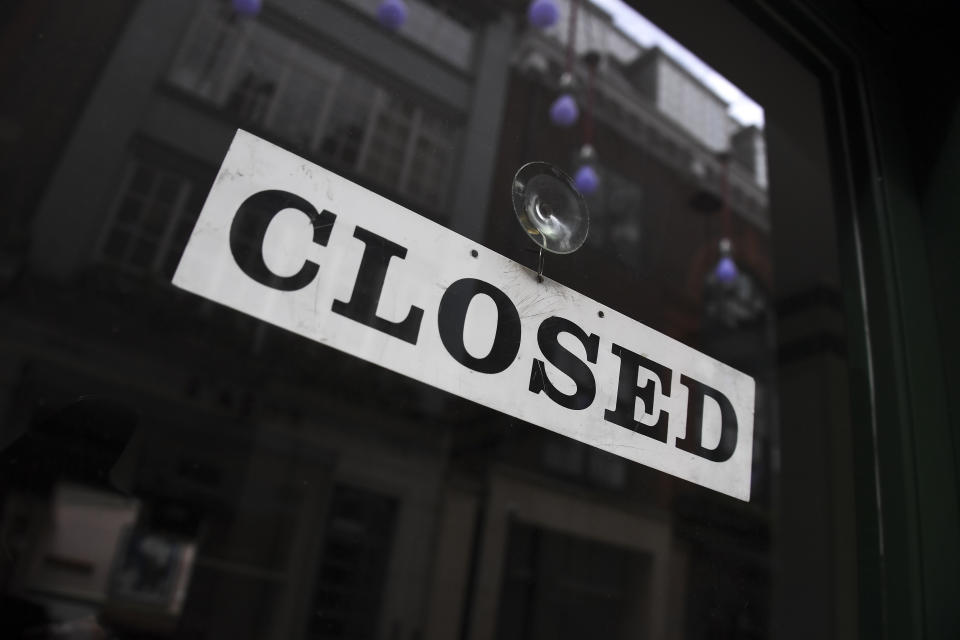
Smaller weddings and gatherings could be permitted in England
The Government is consider how and if people may be able gather in slightly larger groups to better facilitate small weddings.
Social “bubbles” and expansion of socialising in groups
The Scientific Advisory Group for Emergencies (SAGE) is examining if it is safe to change the rules to allow one household to expand and include one other household in the same group or “bubble”.
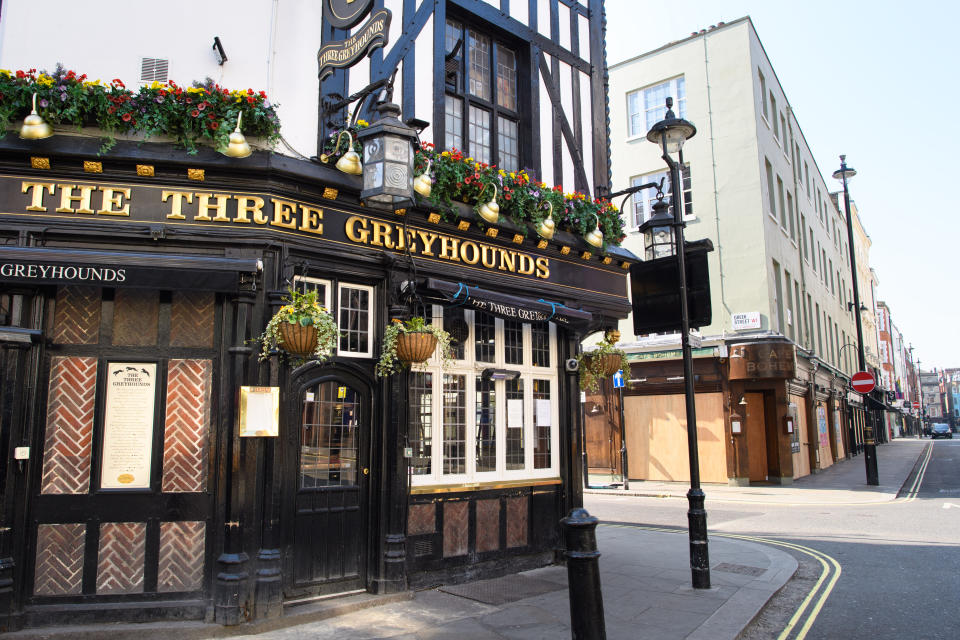
Phase three: 4 July
Pubs and hospitality may open
Pubs, bars, restaurants, accommodation and gyms will need to stay closed until at least July. Busy venues such as clubs or concert venues, may not be able to open again at this point or could have to open safely only in part.
Hairdressers, salons and leisure facilities such as cinemas could reopen
Leisure facilities such as beauty salons and hairdressers, may be permitted to reopen, providing they are able to comply with social distancing and safety standards.
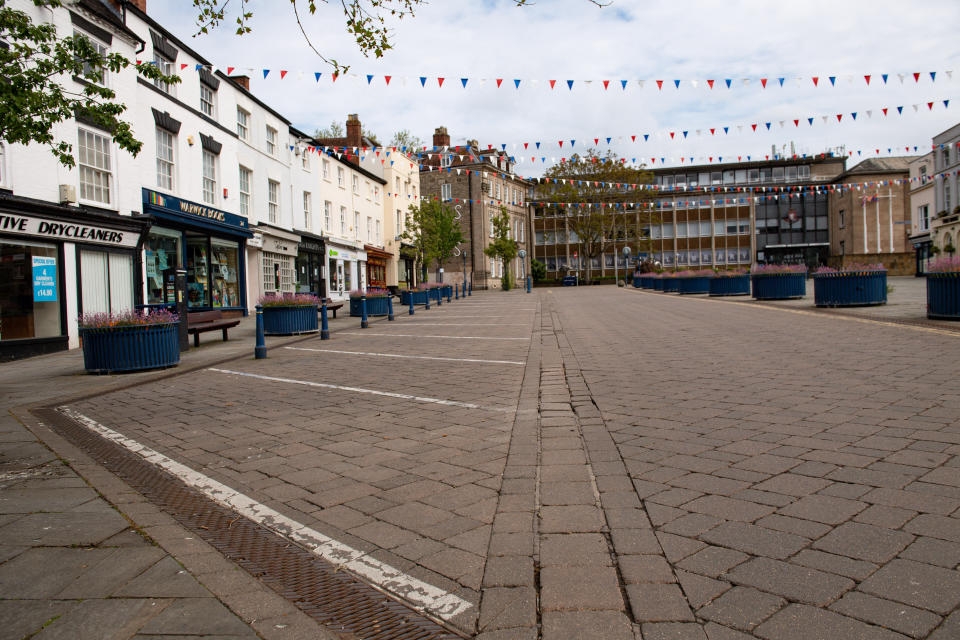
Places of worship to reopen
Place of worship - such as churches, mosques and synagogues - will also be permitted to open, providing they follow the same social distancing and safety measures adopted by other public facilities and venues.
Venues “crowded by design” will not reopen - but can open in part if safe
The Government says that venues which are crowded “by design”, and “where it may prove difficult to enact distancing” will not be able to reopen.
However, some businesses can open in part if safe to do so, while the Government said it will “carefully phase and pilot re-openings to test their ability to adopt the new Covid-19 secure guidelines”.

 Yahoo News
Yahoo News 

